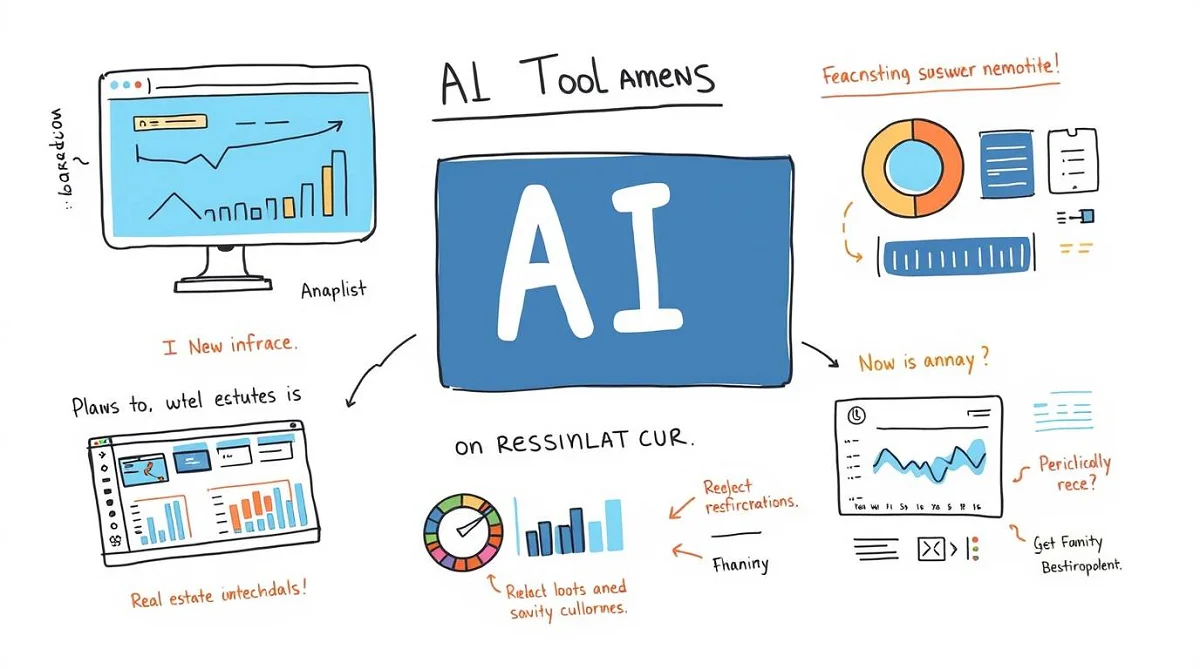When it comes to financing commercial properties, choosing the right loan can make all the difference. Whether you’re investing in an office building, retail space, or industrial property, finding the best commercial real estate loan is essential for success.
In this guide, we’ll explore the top options available in 2025, their key features, eligibility criteria, and tips for selecting the best loan for your needs.
What Are Commercial Real Estate Loans?
Commercial real estate loans are financing products designed to help individuals or businesses purchase, develop, or refinance properties intended for commercial use. Unlike residential loans, these loans cater specifically to income-generating properties such as office buildings, shopping centers, warehouses, and apartment complexes with five or more units.
They are typically larger, have stricter eligibility requirements, and may come with variable terms based on the property’s potential to generate revenue.
Types of Commercial Real Estate Loans
Understanding the different types of commercial real estate loans is key to finding the one that fits your goals. Let’s break down the most common options:
1. Traditional Commercial Mortgages
Purpose: Used for purchasing or refinancing commercial properties.
Key Features:
- Loan terms range from 5 to 20 years, often with amortization periods up to 30 years.
- Fixed or variable interest rates tailored to the borrower’s credit profile.
- Typically requires a 20-30% down payment.
Eligibility Criteria:
- Strong credit history (typically 680+ credit score).
- Proof of stable business income or cash flow.
- Collateral, usually the property being purchased.
Best For: Established businesses with a proven track record and stable financials.
2. SBA 7(a) Loans
Purpose: Backed by the U.S. Small Business Administration (SBA), these loans can be used for purchasing, renovating, or constructing commercial properties.
Key Features:
- Loan amounts up to $5 million.
- Competitive interest rates tied to the prime rate, usually between 7-9%.
- Longer repayment terms (up to 25 years for real estate).
Eligibility Criteria:
- Small business status as defined by the SBA.
- Good credit score (typically 680 or higher).
- Business must occupy at least 51% of the property.
Best For: Small businesses looking for affordable financing options with lower down payments.
3. SBA 504 Loans
Purpose: Ideal for purchasing fixed assets like real estate or equipment.
Key Features:
- Combines funding from a Certified Development Company (CDC) and a traditional lender.
- Low down payment (10% in many cases).
- Long repayment terms (up to 25 years).
- Fixed interest rates for CDC-funded portion.
Eligibility Criteria:
- Business net worth under $15 million.
- Average net income of $5 million or less over the past two years.
Best For: Expanding businesses investing in owner-occupied properties and long-term growth.
4. Bridge Loans
Purpose: Short-term financing for immediate needs, such as property acquisition before securing permanent financing.
Key Features:
- Higher interest rates (typically 8-12%).
- Terms range from 6 months to 3 years.
- Fast approval and funding, often within weeks.
Eligibility Criteria:
- Focus on property’s potential value rather than borrower’s credit.
- Sufficient equity in the property.
Best For: Investors needing quick access to capital to seize time-sensitive opportunities.
5. Hard Money Loans
Purpose: Asset-based loans used for purchasing properties in need of quick renovations or flips.
Key Features:
- High interest rates (10-20%) and upfront fees.
- Short repayment periods (usually 12-36 months).
- Less emphasis on credit scores and financial history.
Eligibility Criteria:
- High equity in the property as collateral.
- Clear exit strategy for repayment.
Best For: High-risk investors and property flippers aiming for short-term gains.
Top Lenders for Commercial Real Estate Loans in 2025
Choosing the right lender can make or break your financing experience. Here’s a closer look at some of the top lenders offering commercial real estate loans:
1. Wells Fargo
- Loan Options: Traditional commercial mortgages, SBA loans.
- Interest Rates: Competitive rates tailored to borrower profiles.
- Additional Benefits:
- Access to financial advisors for guidance.
- Online account management tools.
- Best For: Established businesses seeking a reliable, well-known lender.
2. Chase Bank
- Loan Options: Fixed and variable-rate commercial loans.
- Interest Rates: Market-competitive rates.
- Additional Benefits:
- Flexible repayment options.
- Dedicated relationship managers.
- Best For: Small and medium-sized businesses needing flexible terms.
3. U.S. Bank
- Loan Options: Construction loans, bridge loans, SBA loans.
- Interest Rates: Tailored based on loan type and borrower profile.
- Additional Benefits:
- Nationwide branch access.
- Strong reputation for customer service.
- Best For: Investors requiring diverse financing solutions.
4. Lendio
- Loan Options: Online marketplace connecting borrowers with various lenders.
- Interest Rates: Wide range depending on the lender.
- Additional Benefits:
- Simplified application process.
- Multiple offers to compare.
- Best For: Businesses looking for multiple loan options in one place.
5. Fundera
- Loan Options: SBA loans, term loans, and more.
- Interest Rates: Tailored to business needs.
- Additional Benefits:
- User-friendly online platform.
- Access to educational resources.
- Best For: Startups and small businesses.
Factors to Consider When Choosing a Loan
When evaluating commercial real estate loans, several factors can influence your decision. Here’s what to keep in mind:
- Interest Rates: Fixed rates offer stability, while variable rates may save money if rates decrease.
- Loan Terms: Longer terms mean lower monthly payments but higher overall interest costs.
- Down Payment Requirements: Ensure you have enough capital to meet the down payment, typically 10-30%.
- Fees and Closing Costs: Account for origination fees, appraisal costs, and other expenses when comparing loans.
- Approval Time: Some loans, like bridge loans, have faster approval processes, which may be critical for time-sensitive deals.
- Lender Reputation: Research reviews and customer satisfaction ratings to ensure reliability.
How to Apply for a Commercial Real Estate Loan
Applying for a commercial real estate loan can be a detailed process. Here’s how to get started:
1. Assess Your Financial Situation: Review your credit score, business income, and existing debts to ensure you meet eligibility requirements.
2. Prepare Necessary Documents
- Commonly required documents include:
- Tax returns (personal and business).
- Financial statements (profit and loss, balance sheet).
- Business plan detailing income projections.
- Property appraisal reports.
3. Shop Around for Lenders: Compare multiple lenders to find the best rates and terms for your needs.
4. Submit Your Application: Provide accurate and complete information to avoid delays or rejections.
5. Negotiate Terms: Don’t hesitate to negotiate for lower interest rates or flexible repayment terms.
6. Close the Deal: Review all loan documents carefully before signing to ensure you understand the terms.
Conclusion
Finding the best commercial real estate loan in 2025 requires careful research and planning. From traditional mortgages to SBA-backed loans, there’s a financing option for every type of investor and business.
By understanding your needs, comparing top lenders, and preparing a strong application, you can secure a loan that aligns with your goals and sets you up for success in the competitive world of commercial real estate.
Remember, the right loan can not only help you acquire a property but also position your business for long-term growth. Take your time, seek expert advice if needed, and choose wisely.
Need personalized advice? Contact a financial advisor or lender to explore the best options tailored to your business needs.



0 Comments